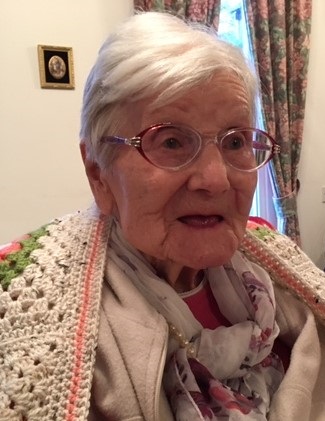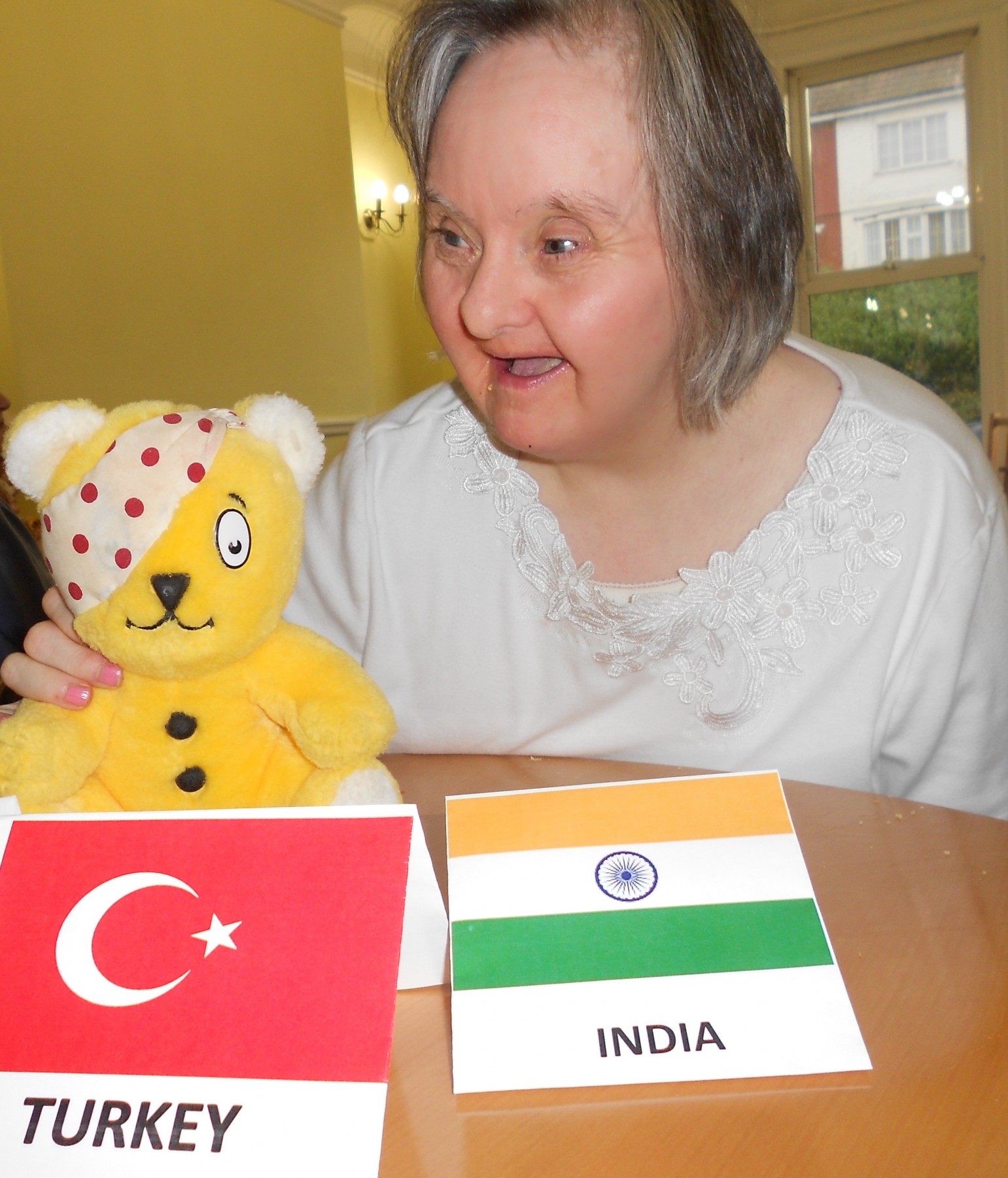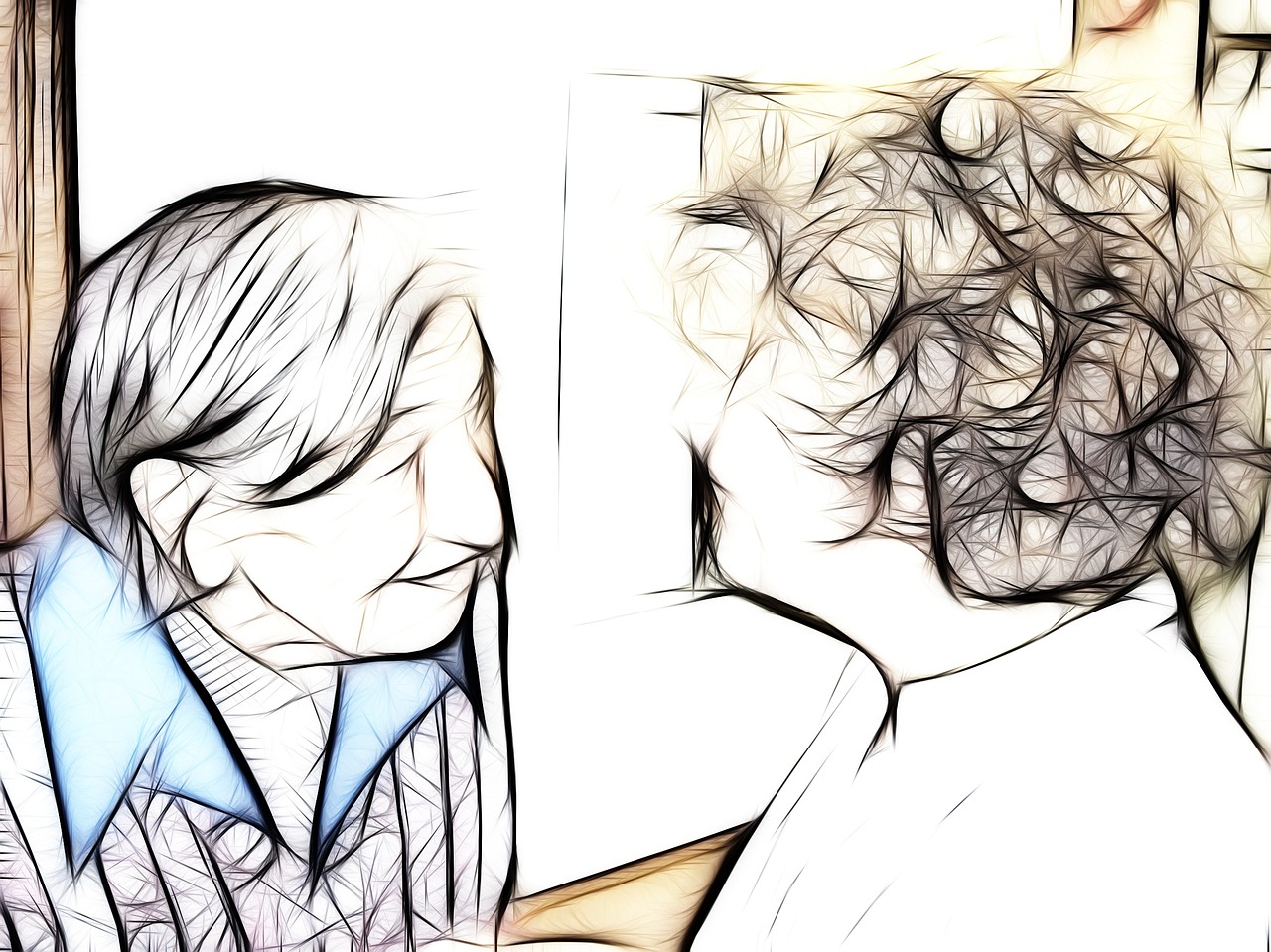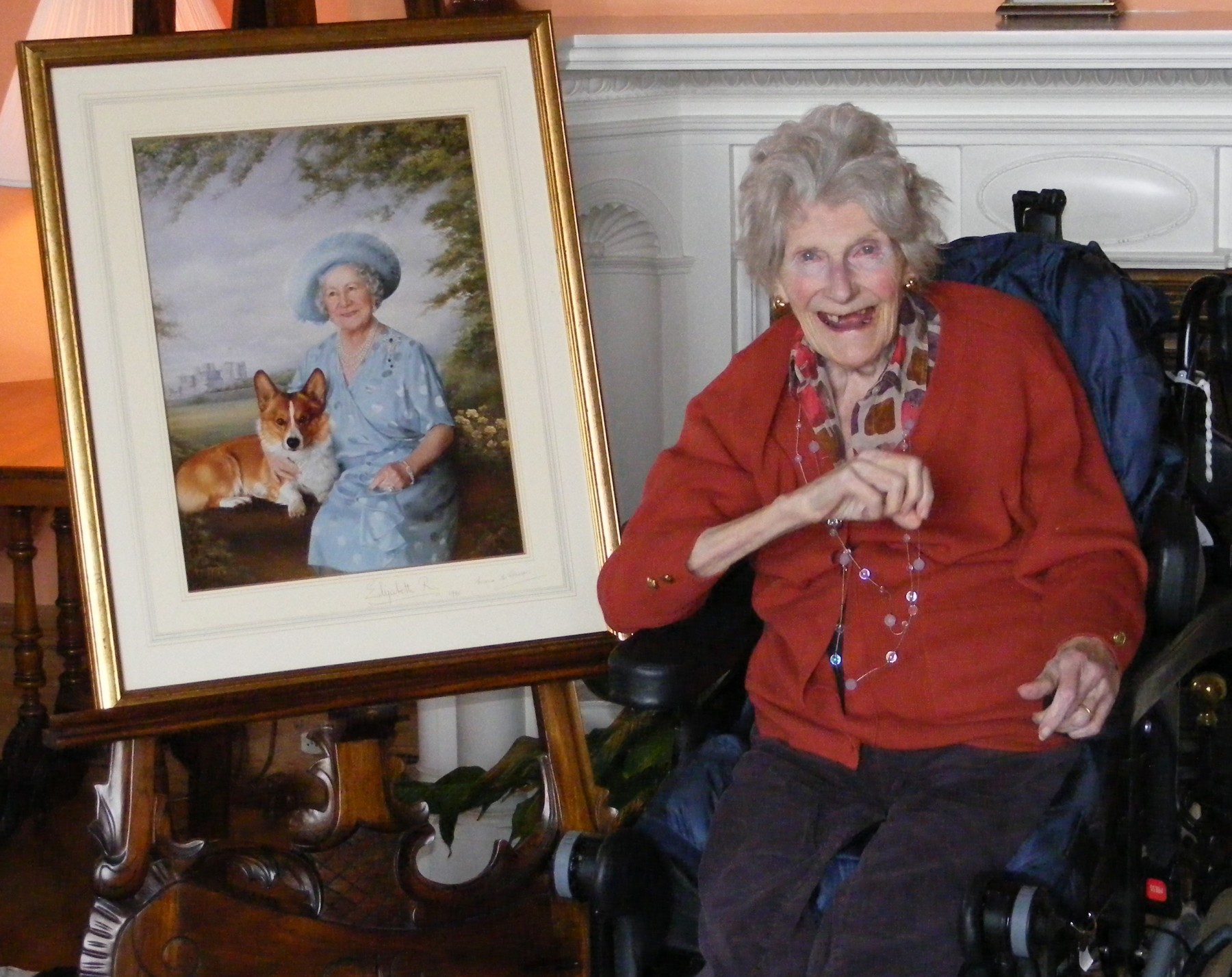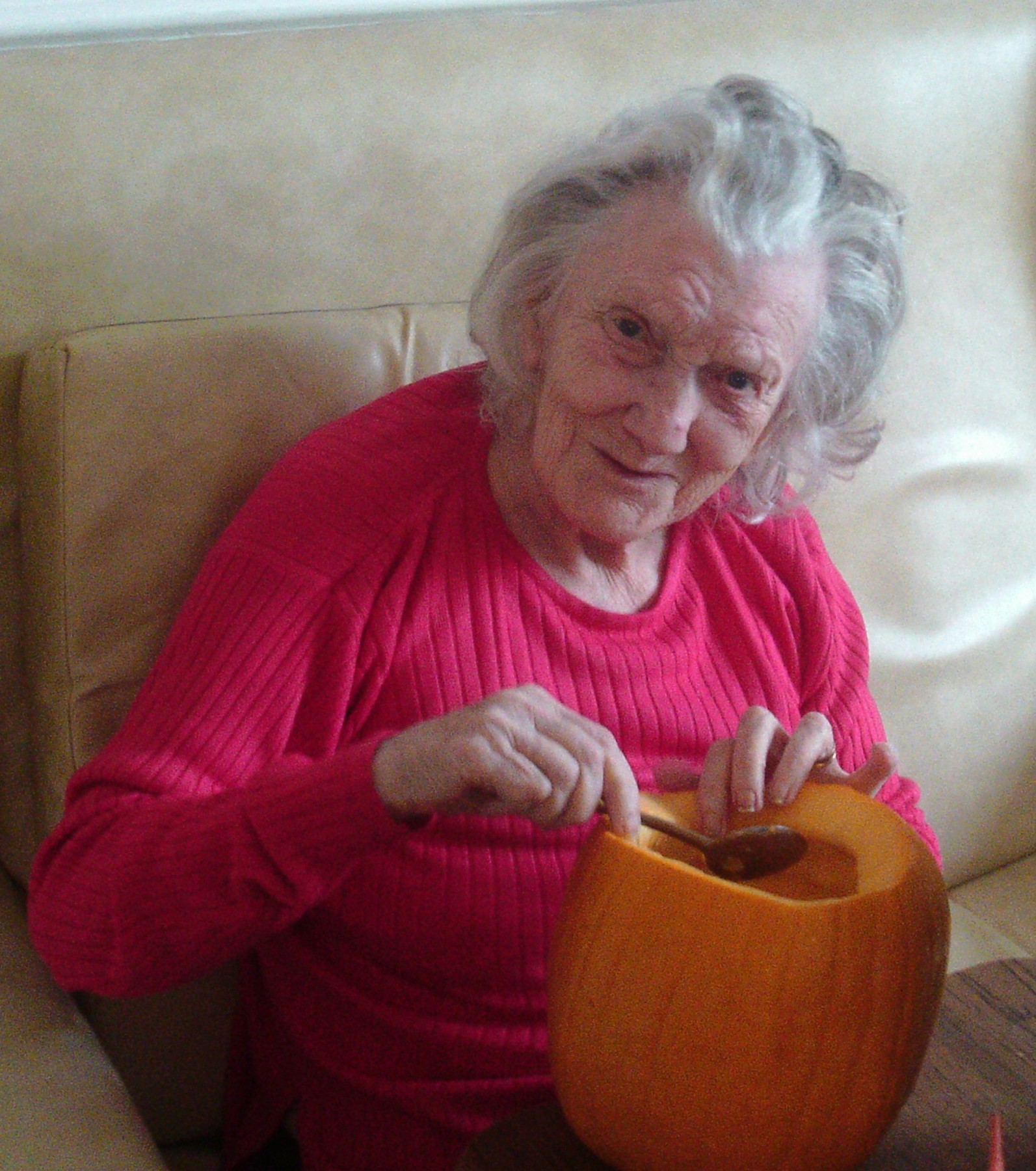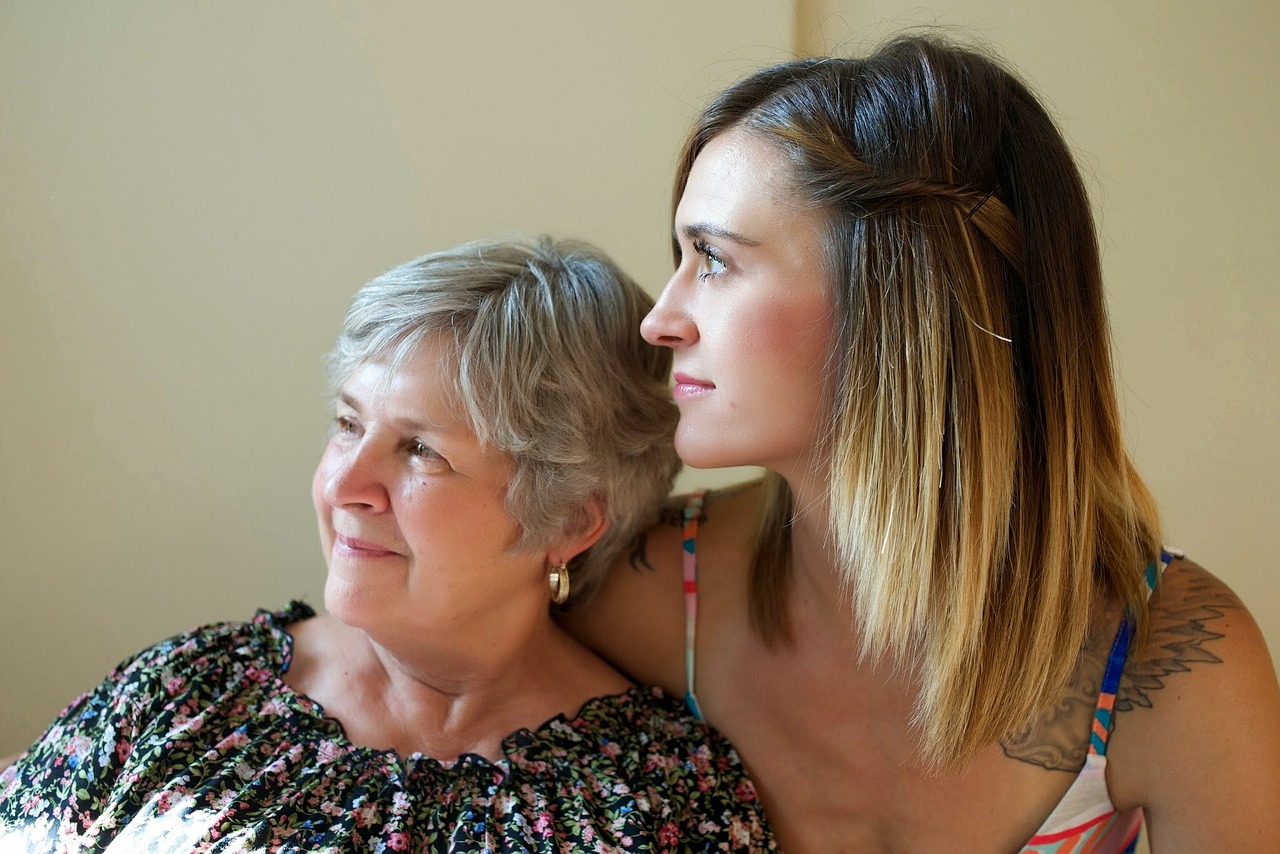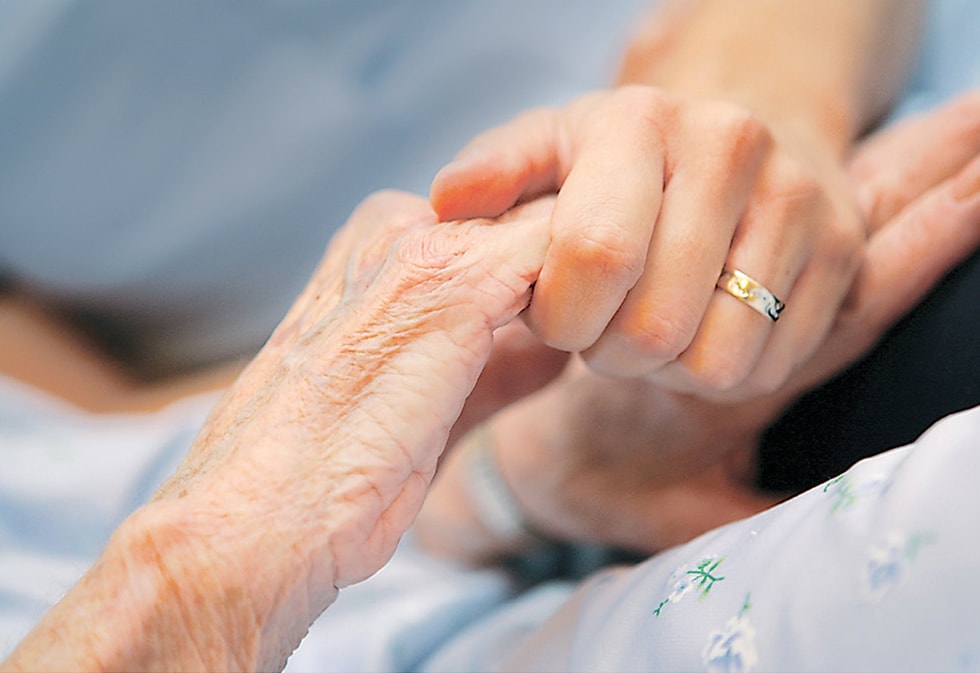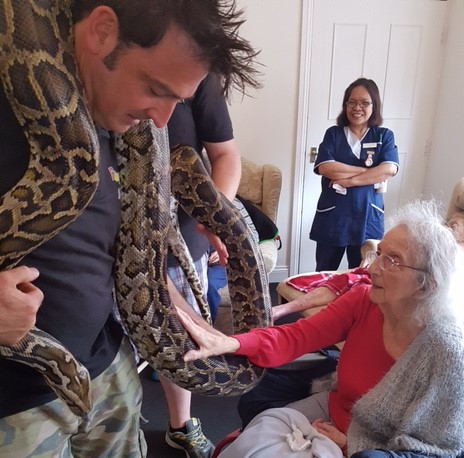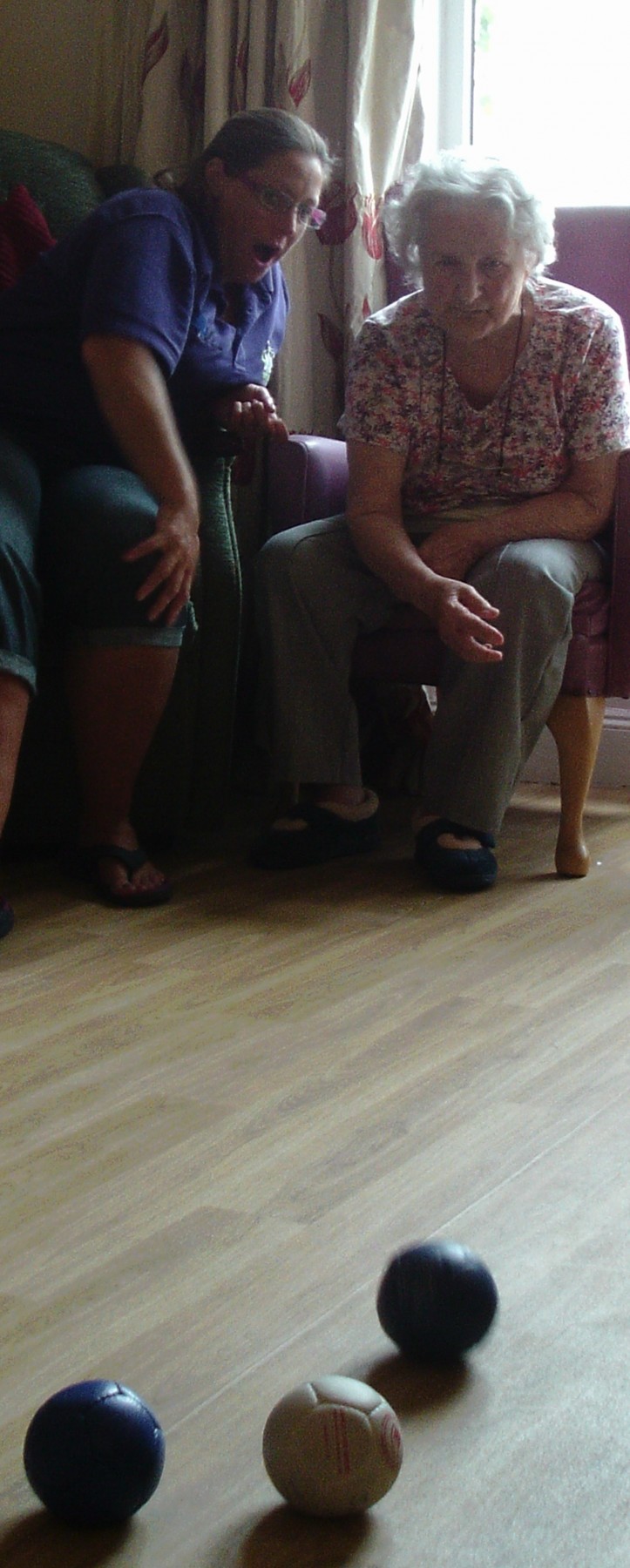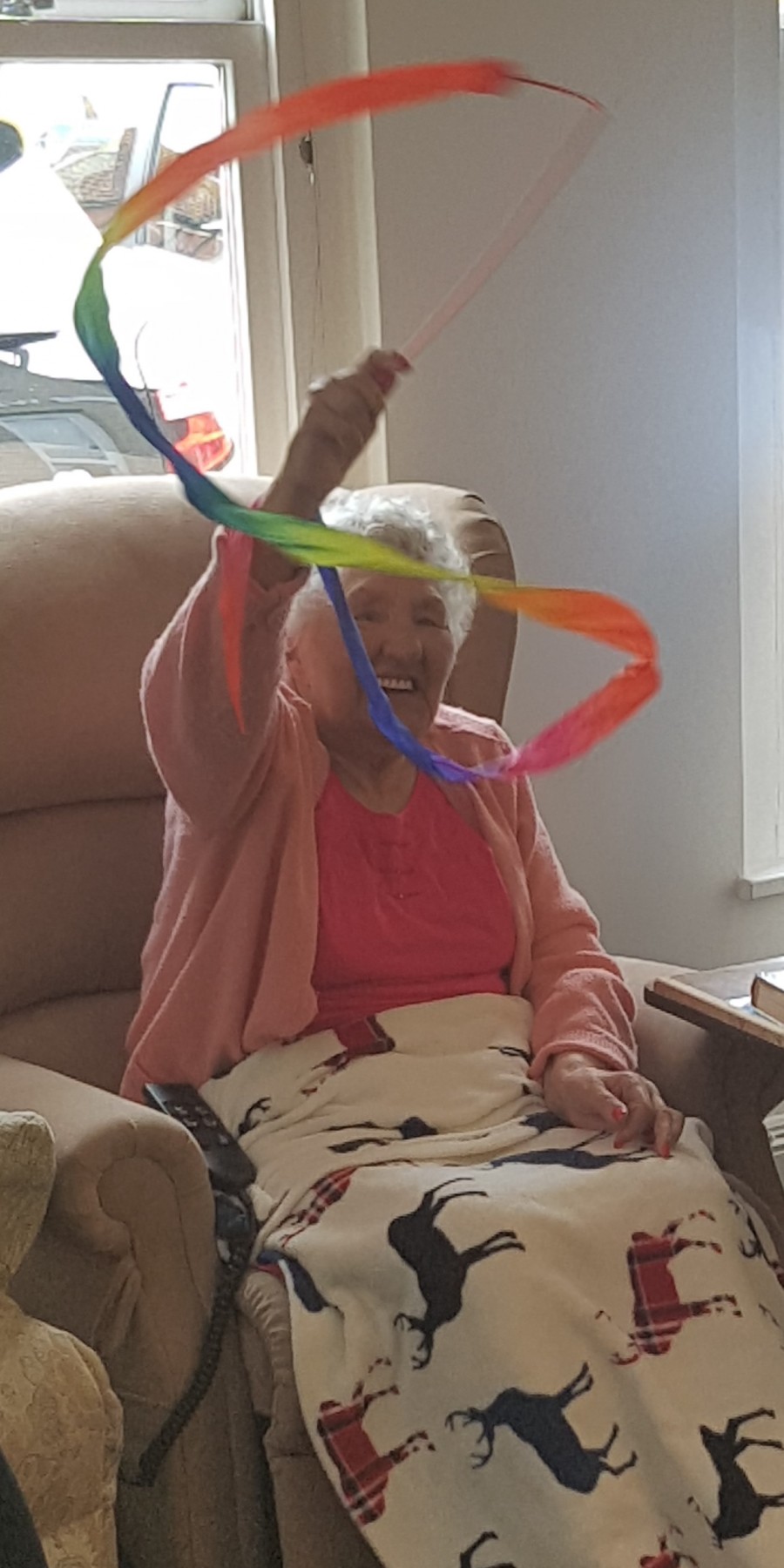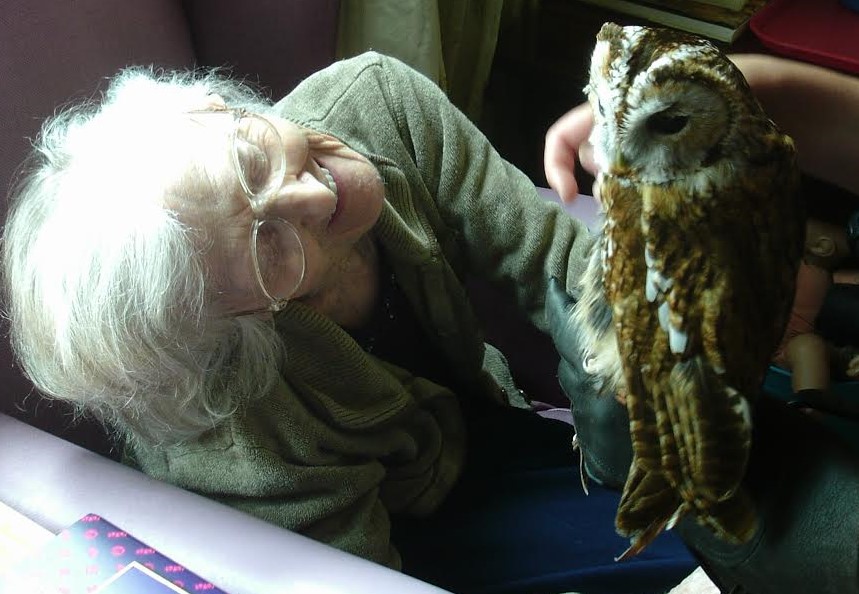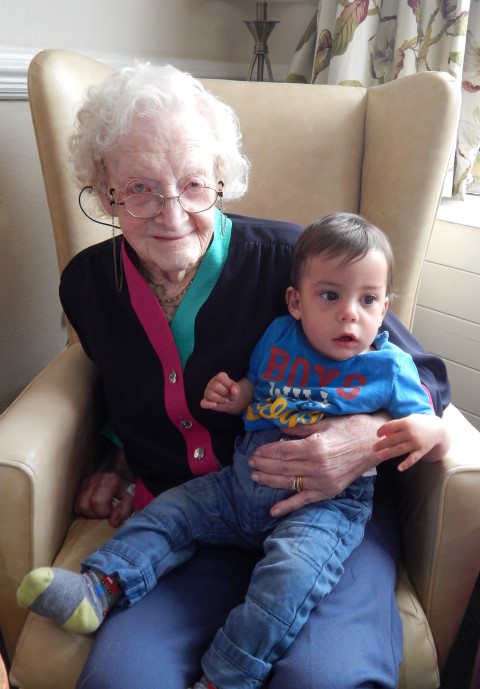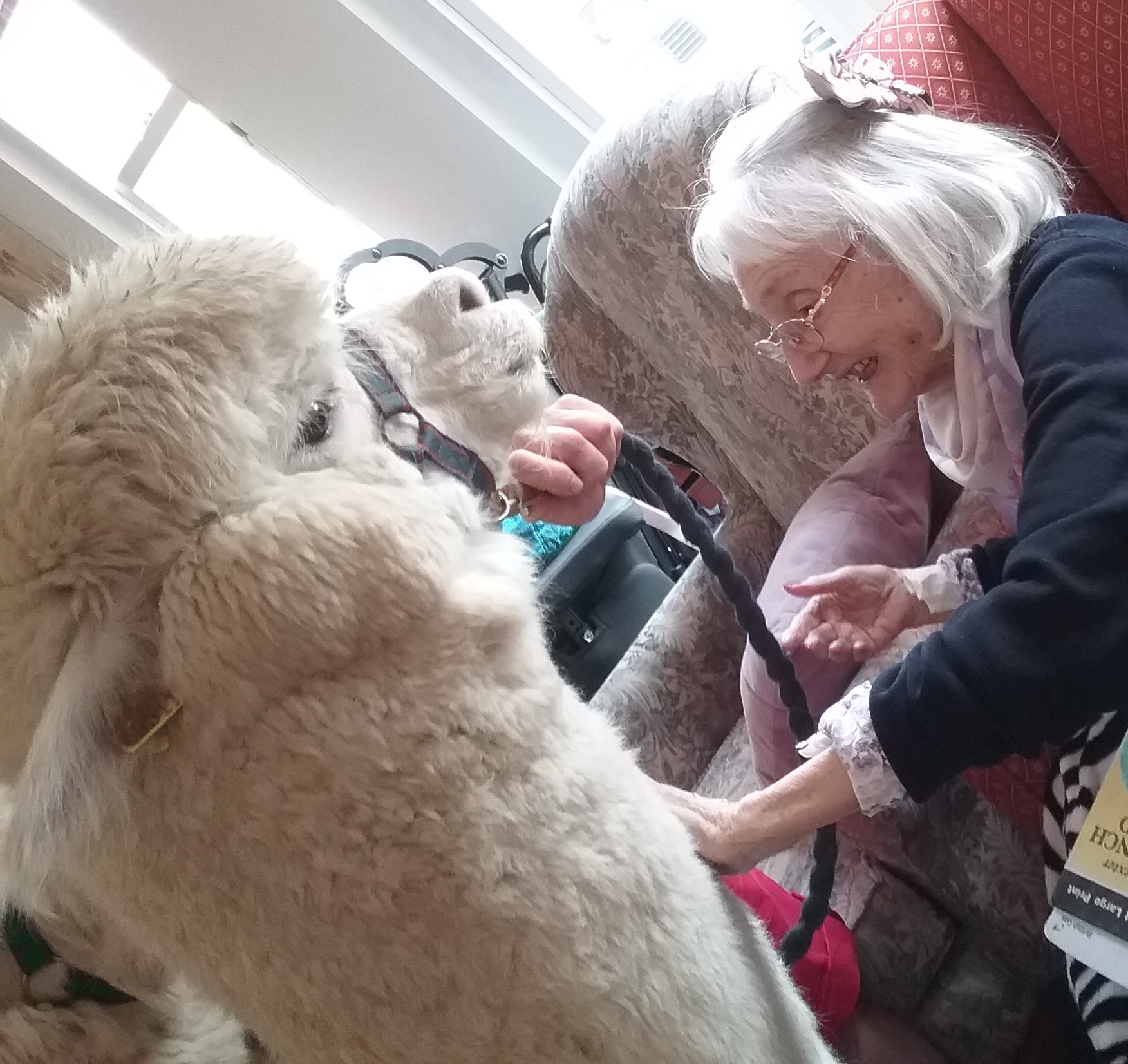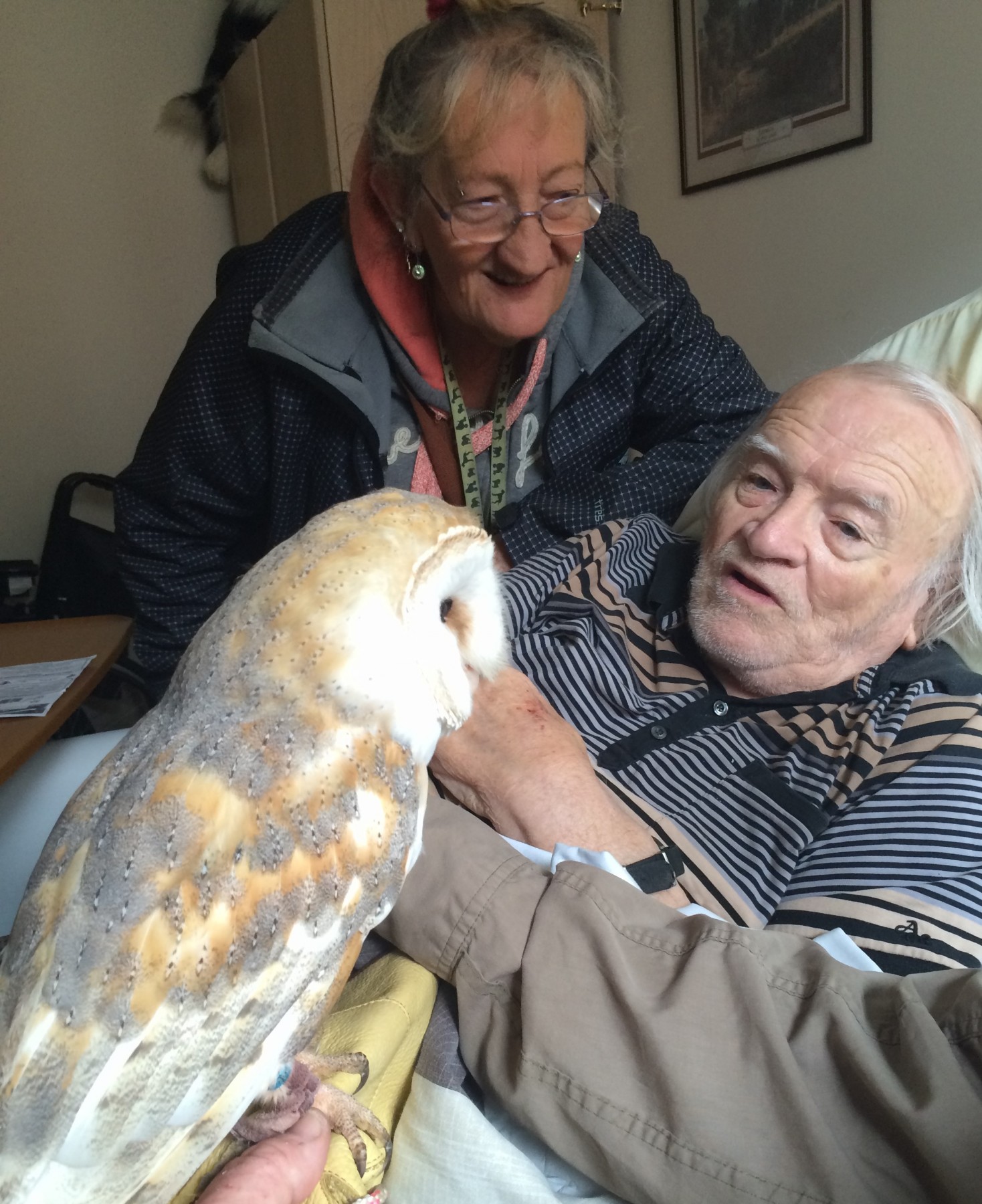If you think the time has come to move into a care home, choosing the right one is an important and often difficult decision.
But before making that choice, there are often other questions and considerations to take into account. And one of the most common, is whether to get any financial help?
Local authority support
Contrary to what many believe, care homes and in fact, all social care services – aren’t free. That said you may qualify for support from your local authority.
To find out, you first need to apply for a ‘care assessment’, to confirm the level of support your local authority believes you need. If you’re assessed as needing a care home place, you’ll then be means tested to find out if you can afford to pay or contribute towards the cost of your stay.
Means test
The means test looks at your regular income (pensions, benefits or earnings) and other capital (savings and investments, land and property and business assets).
As it stands, if you have capital of over £23,250, you have to pay the full cost of your care home stay. However, if you own your own home and your spouse still lives there, the property isn’t taken into account in the means test. If your capital is between £14,250 and £23,250, you’ll be expected to contribute some of the costs but if it’s below, you qualify for the maximum level of support.
Care home figures
Around 240,000 care home or nursing home residents qualify for financial help.
That’s out of a total of 426,000 elderly and disabled people in residential and nursing care according to a recent market survey by Laing and Buisson. Around 405,000 of them are aged 65 or over, although only 16% of people aged 85 or over in the UK live in care homes.
Interestingly, even though the number of people aged 65 rose 11% between 2001 and 2011, the care home resident population has increased by just 0.3% in that time. One explanation is the general improvement in people’s health as they age which therefore means they do not need to go into a care home as quickly or for as long compared to earlier years.
Choosing the right home
When it comes to making the decision about which home to choose the importance lies with the research that is done beforehand. A mixture of recommendations, reputation, the internet and actually visiting the home is likely to be used. But with 13685 care homes in England as reported by the CQC, it can be difficult knowing where to start.
It’s important to get the perfect balance between professional care and a personal approach. So that you feel at ease with your surroundings & the care workers and that you are getting the care that you need.
This is why Altogether Care are committed to providing the perfect fit care solution to meet your personal needs. Believing that care should always be person-centric, shaped around what is best for you and what you prefer.
If you or a loved one are considering what the best form of care may be for the future, contact Altogether Care who can discuss the range of care solutions available which can be tailored to your needs and requirements. Whether that is care at home, respite, specialist dementia or care homes – our commitment to your care is clear with every option.
To find out more visit the website or contact us directly on 01305 300 161.



